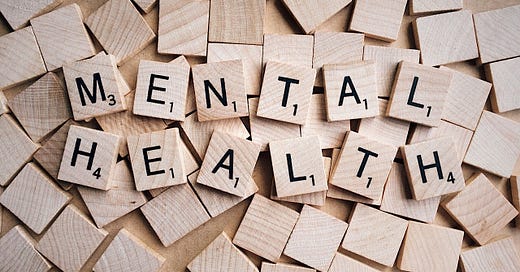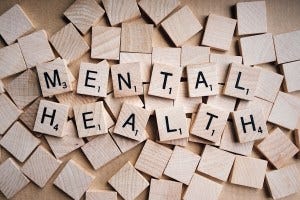We know that rates of anxiety, depression, and worry have increased for various reasons. Often, it is children who endure parental stress.
What damage does shouting at a child do?
New research suggests that yelling at kids can be as harmful as hitting them; in the two-year study, harsh physical and verbal discipline effects were frighteningly similar. A child who is yelled at is more likely to exhibit problem behavior, eliciting more yelling. It's a sad cycle.
New research suggests that yelling at kids can be as harmful as hitting them; in the two-year study, harsh physical and verbal discipline effects were frighteningly similar. A child who is yelled at is more likely to exhibit problem behavior, eliciting more yelling. It's a sad cycle.
Can yelling at a child cause trauma?
When fear, for example, is repeatedly triggered by a harsh environment, where there is a lot of yelling, automatic physical and emotional reactions occur that cause traumatic stress to a child.
Why Are Some Parents Angrier Today?
There are many reasons people may feel angry in the United States today, and these reasons can be highly individual. However, some common factors include:
1. Political Division: The US is currently experiencing significant political polarization, with deep divisions over issues such as immigration, health care, race, and the role of government. This division can often lead to anger and frustration.
2. Economic Inequality: Many Americans are frustrated by economic inequality, with wealth increasingly concentrated in the hands of a few. It leads to feelings of anger and resentment. Inflation and unemployment are serious problems. To make things worse, many people cannot afford to pay their rent and mortgages because of inflation and incomes that are not keeping pace with soaring prices.
3. Social Injustice: Racial injustice, gender inequality, and police brutality have sparked anger and protests nationwide. Besides gender inequality there is the intense anger over LBGT+ issues.
4. The COVID-19 pandemic has caused widespread fear, stress, and uncertainty, and controversy over vaccines. All of this increases anger and frustration. Conspiracy theories have intensified frustration, anxiety, and stress.
5. Social Media: The rise of social media and the 24-hour news cycle amplifies anger by constantly highlighting conflict and controversy. Add to this the fact that children are exposed to some of the social media's content inappropriate for children.
6. Mental Health Issues: Increased rates of mental health issues such as depression and anxiety also contribute to feelings of anger. The anger and anxiety is increased as a result these problems.
It's important to remember that anger is a natural human emotion and can be a healthy response to injustice or wrongdoing. However, when it becomes chronic or is not managed constructively, it can lead to problems such as aggression, violence, and harm to one's mental and physical health. Sadly, we are experiencing a mental health crisis in America stemming from these problems.
To discuss these issues, please get in touch with Dr. Schwartz




